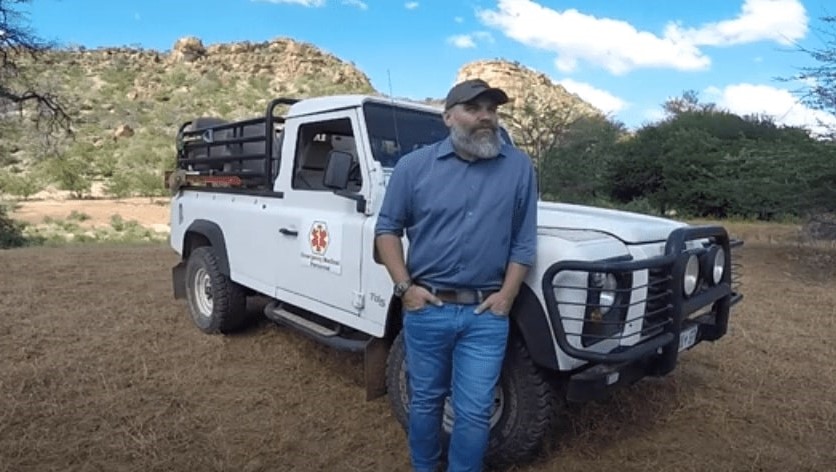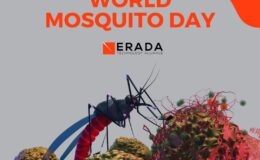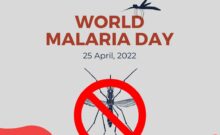As the world begins to take stock of the impacts caused by the Covid-19 pandemic, this year’s World Malaria Day is especially significant. Now that restrictions across the globe are beginning to be lifted, we must make sure that malaria prevention returns to its full capacity.
There is no doubt that the efforts of frontline healthcare workers and volunteers have been essential in maintaining malaria prevention throughout the pandemic. Without their heroic hard work, we would be looking at the worst case scenario of malaria cases returning to levels not seen for two decades. However, that does not mean that malaria has gone away.
In fact, the lifting of restrictions could result in malaria making a surging comeback. At present, South Africa remains in a state of limited movement, with face masks mandatory, and limitations of people admitted in supermarkets and other facilities. Though borders have remained operational, access has been granted subject to a Covid screening test and only for specific reasons. These measures have been successful in slowing the spread of Covid-19, however if gatherings are allowed again too soon, or if border limitations cease before the virus is at a controllable level, there is every risk that we will become vulnerable once again.
And with healthcare systems already at risk of future waves of Covid-19, the global community must ensure that no country is left behind. As people start to return to ‘normal’, there is a very real possibility that malaria and other infectious diseases will spread.
This is why awareness activities such as World Malaria Day hold particular importance. Though winning the battle against Covid-19 has been the focus for the past year, we have lost ground in eradicating a disease which still claims more than 400 000 lives a year, and we all have a responsibility to get ourselves back on course.
The message of Zero Malaria Starts With Me carried by World Malaria Day could not be any more relevant to today. It is the small acts we all do, probably without even thinking, which will have the biggest impact. Just as social distancing has been a critical defence against Covid-19, simple steps such as covering skin, applying anti-malaria sprays, and using mosquito nets will keep malaria from overwhelming healthcare facilities still treating critical cases of both diseases and spreading into high-risk areas.
With all the anxiety around Covid-19, significant achievements have not received the credit and recognition they perhaps would have. For instance, there is hope a vaccine for malaria could enter the market by 2024, the Zero Malaria Starts With Me movement received worldwide backing from global celebrities such as ex- soccer player Luis Figo, and most recently, El Salvador became the latest country to be certified malaria-free.
There are plenty of reasons to be optimistic about the future of the fight against malaria, however we cannot assume that we will get back to where we were before Covid-19 overnight. It will take a global effort, but we can steer ourselves back on course and save millions of lives.
Benji Pretorius
Erada founder and malaria survivor.







